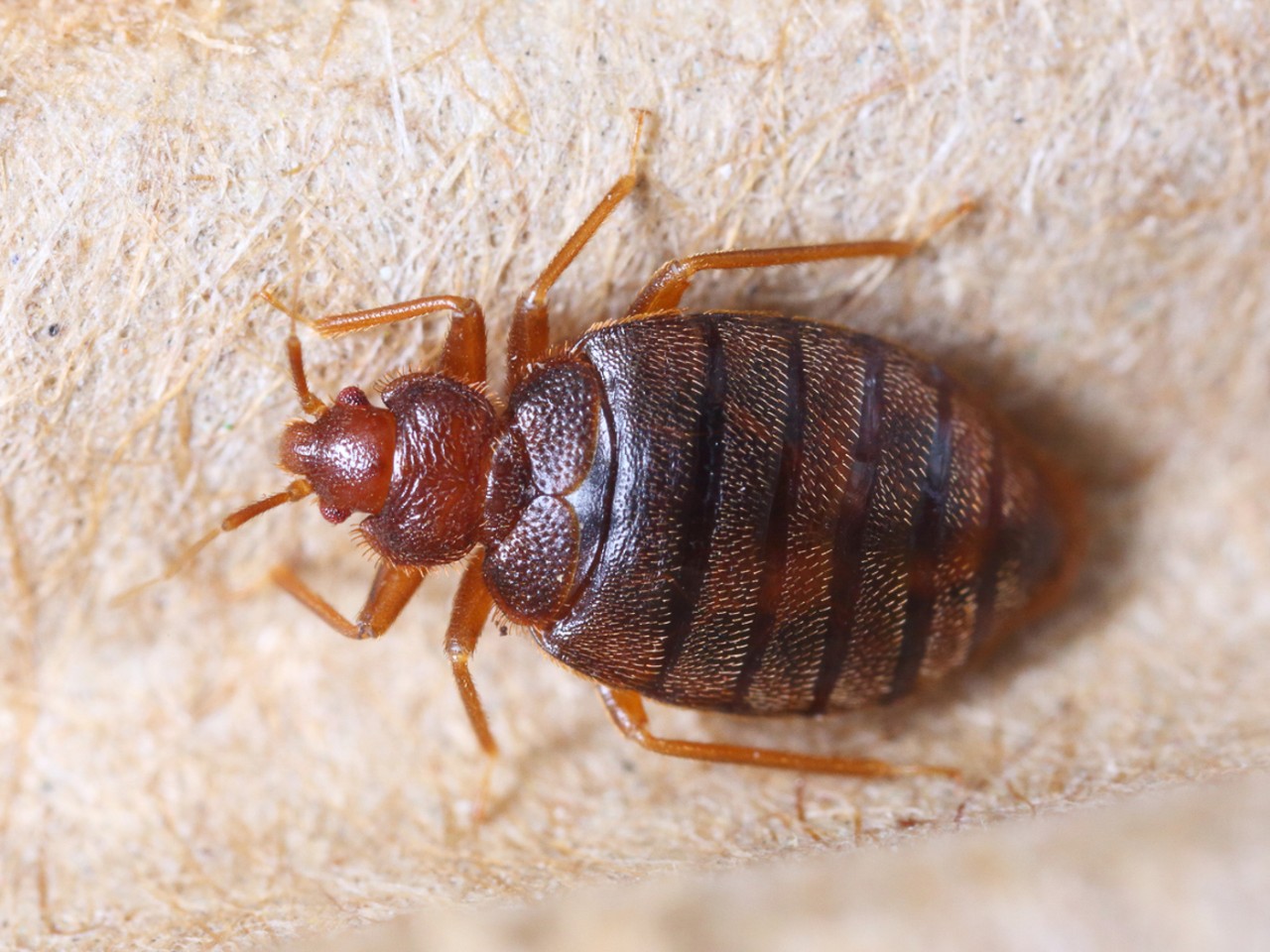
WVXU: There's more than one type of bedbug
UC biologist talks to Cincinnati Edition about household pest
WVXU's Cincinnati Edition spoke to a University of Cincinnati biologist about a new tropical species of bedbug that is showing up in the United States.
Bedbugs are tiny blood-feeding insects found around the world.
“Bedbugs probably started as a bat or sparrow bug living in caves. And they made the jump to humans. They've probably been with humans since we were living in caves,” UC College of Arts and Sciences Professor Joshua Benoit told host Lucy May.
Benoit said pest control was able to suppress bedbugs for more than a generation after World War II, but they started to make a resurgence across the country in the 1990s, most likely because of pesticide resistance.
Show guest Rick Cooper, a research associate for Rutgers University, said many bedbug populations also shrank during the COVID-19 pandemic when people stopped traveling as much.
But Benoit said they are showing up in more homes in cities across the United States. And some states, including Florida and Hawaii, have reported seeing a nonnative species of bedbug from the tropics.
This bedbug is similar to the common species, Benoit said.
“They're a little more heat-tolerant and tolerant of higher humidities,” Benoit said. “But they're not as good at tolerating the dry conditions we have in the Northeast.”
Benoit said he recommends a multi-pronged approach to get rid of bedbugs, including pesticides, dessicants such as diatomaceous earth, high heat to dry clothes and linens and lots of cleaning and vacuuming. He recommends hiring pest-control experts.
“It's really hard to get rid of them,” he said. “For control, you dont want to use a single bullet.”
Listen to the Cincinnati Edition interview.
Featured image at top: Bedbugs are making a resurgence in many U.S. cities. Photo/smuay/Unsplash

UC Professor Joshua Benoit studies ticks, mosquitoes and other disease vectors in his biology lab. Photo/Joseph Fuqua II/UC
Related Stories
Love it or raze it?
February 20, 2026
An architectural magazine covered the demolition of UC's Crosley Tower.
Social media linked to student loneliness
February 20, 2026
Inside Higher Education highlighted a new study by the University of Cincinnati that found that college students across the country who spent more time on social media reported feeling more loneliness.
Before the medals: The science behind training for freezing mountain air
February 19, 2026
From freezing temperatures to thin mountain air, University of Cincinnati exercise physiologist Christopher Kotarsky, PhD, explained how cold and altitude impact Olympic performance in a recent WLWT-TV/Ch. 5 news report.
